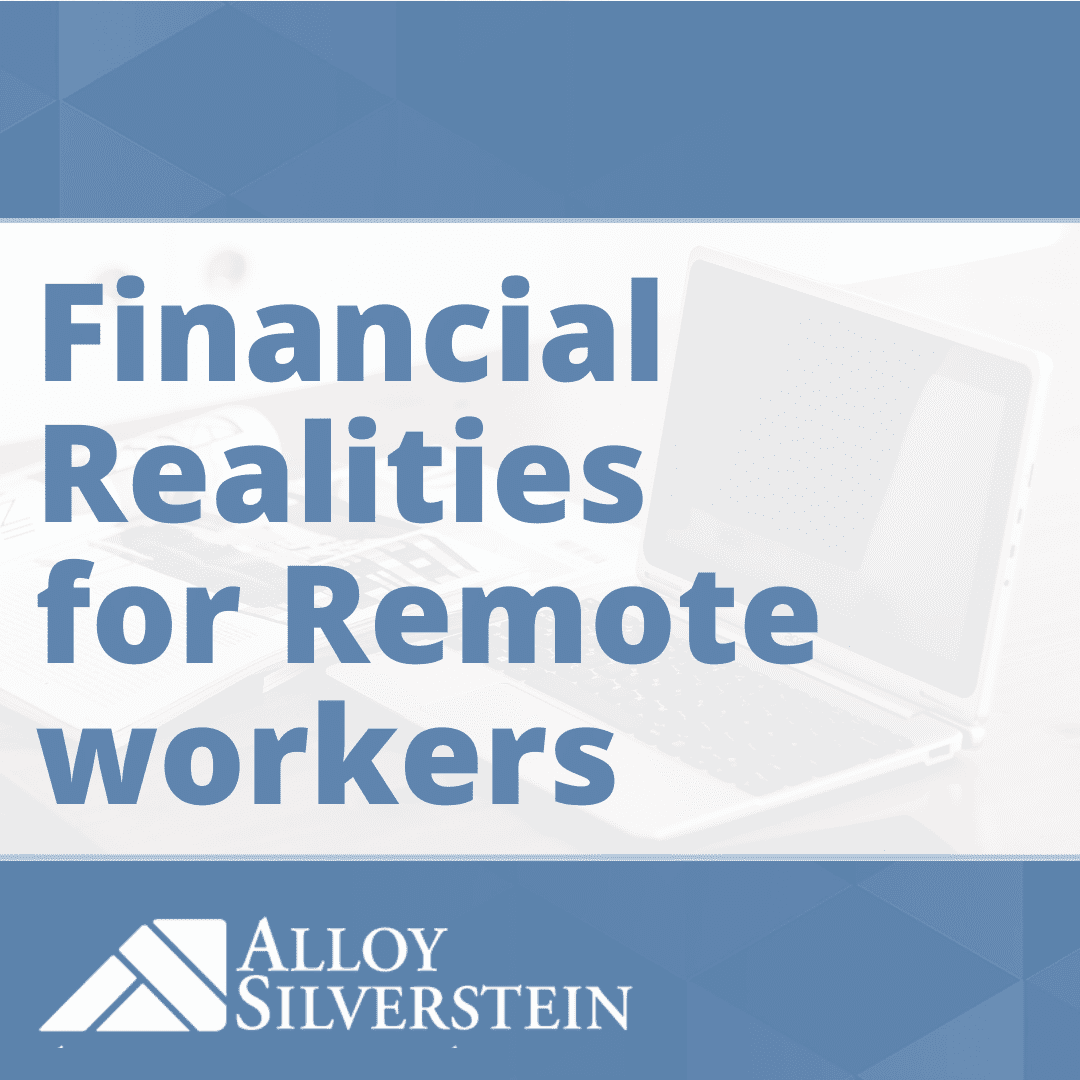

If it was your first time working from home in 2020, you may be facing issues you’ve never had to consider before. You’re not alone. With millions of employees in remote work situations, many are wondering how this will impact their finances and their taxes.
Here are some common questions and answers remote workers are asking this tax season:
A: Every state has its own laws regarding remote work, including earnings thresholds and how many days you spend working in a state other than your workplace. Some states have reciprocity agreements—say Pennsylvania and New Jersey, so you only pay tax where you live. Check with your accountant for guidance on this important issue.
A: The City of Philadelphia is allowing employers to submit a wage tax refund request on behalf of a group of their nonresident employees. The form is available at www.phila.gov.
A: The short answer is no. In order to deduct a home office, it must be used exclusively for business and it must be your primary place of business if you are self-employed. If you’re a W-2 employee, you are not allowed to deduct your home office expenses.
A: With added electrical, heating, telephone, internet, office supplies and other costs, there’s no question that you are picking up some of the expense of your home office. One way companies are solving this is by allowing employees to submit valid expense reports to cover some of these extra costs. They do this by setting up an accountable plan. This may be more complicated than it appears, so please call if you need
help.
Contact an Alloy Silverstein CPA for guidance to your specific situation.
Empowering business owners and individuals in South Jersey and Philadelphia to feel confident through proactive accounting and advisory solutions.